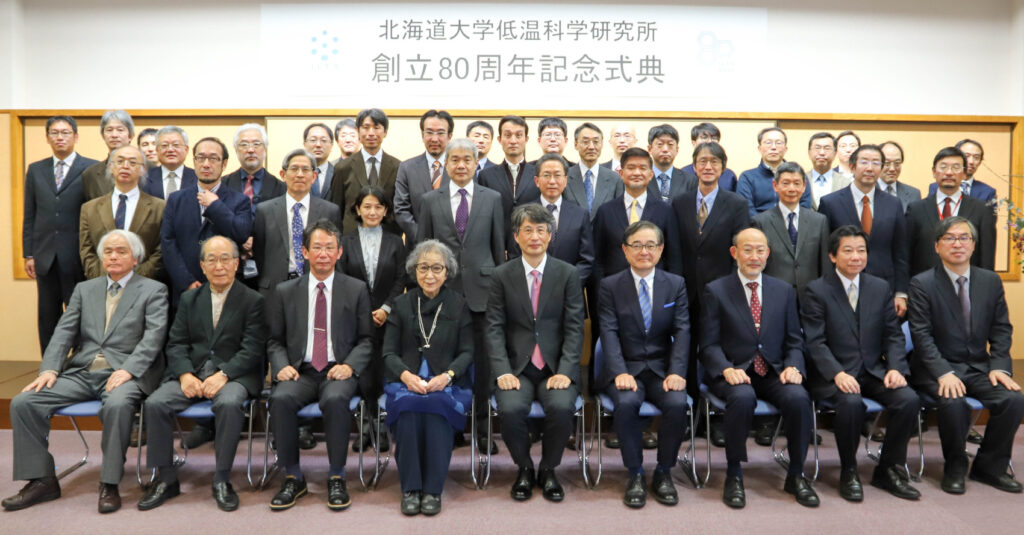[ad_1]
The U.S. made an offer to Japan aimed at resolving disputes over tariffs imposed on Japanese steel and aluminum under former President Donald Trump in 2018, people familiar with the situation said.
The Commerce Department and office of the U.S. Trade Representative submitted the proposal to officials in the new government of Prime Minister Fumio Kishida — who took office in Tokyo in October — on Friday, said the people, who declined to be identified because the talks are private.
Commerce declined to comment while the USTR and Japanese Embassy in Washington didn’t respond to a request for comment.
The metals dispute started in 2018, when Trump imposed duties on steel and aluminum from the European Union, Asia and elsewhere, citing risks to national security. The EU subsequently retaliated, targeting products including Harley-Davidson Inc. motorcycles, Levi Strauss & Co. jeans and bourbon whiskey.
In October, the U.S. and EU clinched a tariff-busting trade accord in which Washington will suspend the 25% levy on incoming steel and 10% duty on aluminum imports from Europe up to a certain threshold, with anything beyond that still subject to additional charges. The EU will also suspend its retaliatory duties, effectively ending punitive measures on as much as $10 billion of each other’s goods.
As part of the resolution, the U.S. and the EU have committed to negotiate the first-ever carbon-based arrangement on steel and aluminum trade and create greater incentives for reducing carbon intensity, Trade Representative Katherine Tai said last week.
The U.S.’s proposal to Japan is similar to the deal with the EU, in that a certain amount of steel and aluminum — based on the historical averages shipped — will be allowed to enter the U.S. free of duties, according to the people.
The U.S. imported about 1.7 million metric tons of steel from Japan in 2017, the most recent year not affected by the tariffs, and 1.9 million tons in 2016, Census Bureau data show. In 2020, inbound steel shipments to the U.S. from Japan totaled 732,158 tons, Census said in a separate report.
While the EU responded with retaliatory tariffs on the U.S., Japan took a softer approach. Asia’s second-largest economy had been expected to suffer relatively little damage because only 5% of its steel exports went to the U.S. at the time, although more is thought to reach the market via Mexico.
The proposed truce comes as the Biden administration aims to sign what could prove a “very powerful” economic framework agreement with Asian nations — focusing on areas including coordination on supply chains, export controls and standards for artificial intelligence — next year, Commerce Secretary Gina Raimondo said last week.
It’s unclear whether what the Biden administration envisions meets the level of economic engagement that some Asian economies have called for. Japan and others have urged Washington to reconsider Trump’s decision to pull out of the Comprehensive and Progressive Agreement for Trans-Pacific Partnership deal, which had been the key economic pillar of a strategy to bolster U.S.-led opposition to China.
Raimondo underscored that rejoining the CPTPP “as presented” is off the table.
The steel and aluminum tariffs remain in place on imports from the U.K. Last week, Raimondo and U.K. Secretary of State for International Trade Anne-Marie Trevelyan discussed finding a solution early next year.
In a time of both misinformation and too much information, quality journalism is more crucial than ever.
By subscribing, you can help us get the story right.
SUBSCRIBE NOW
[ad_2]
Source link
























